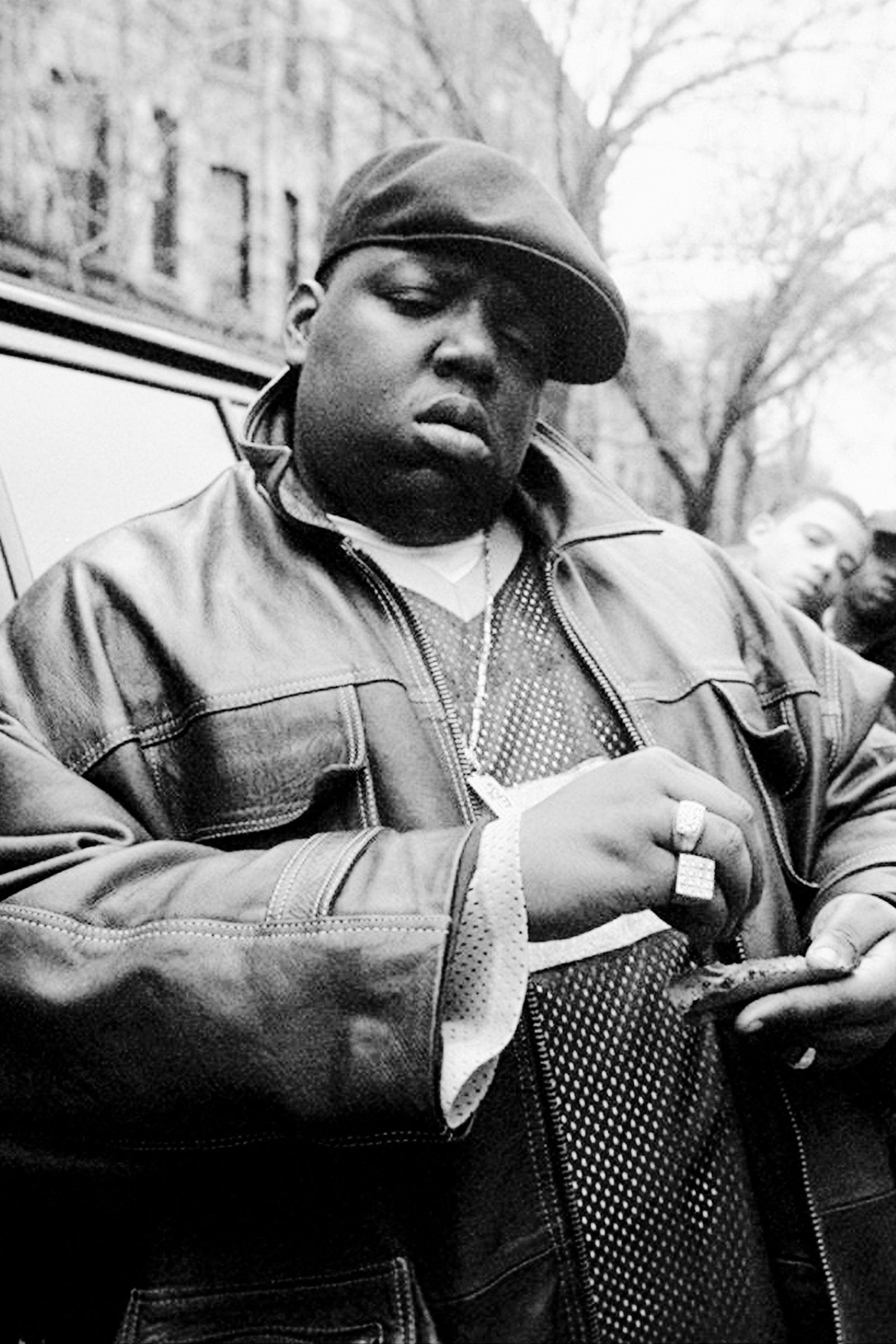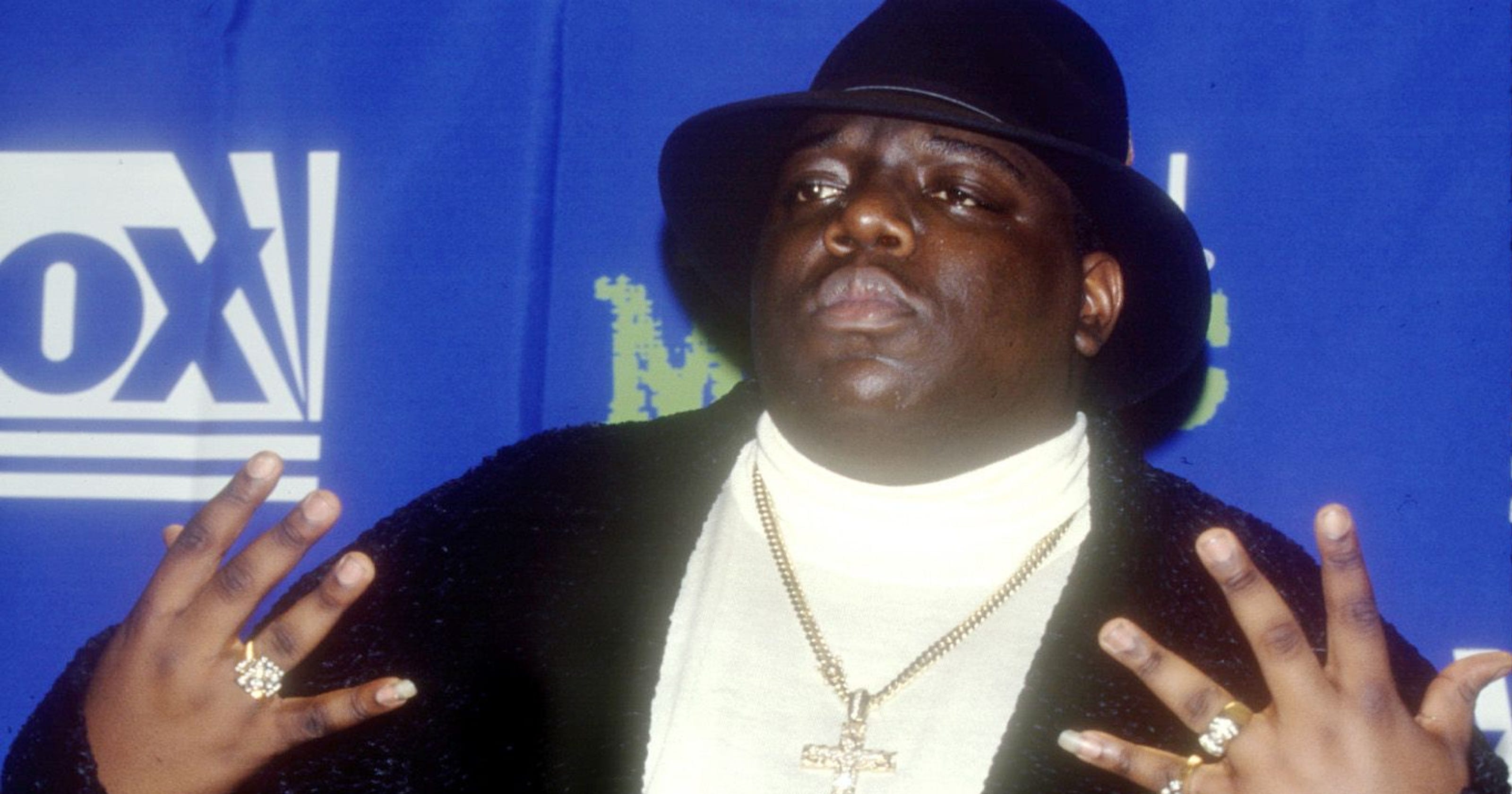What was Biggie Smalls net worth? This question has intrigued fans and music enthusiasts for decades. Christopher Wallace, better known as The Notorious B.I.G. or Biggie Smalls, was one of the most influential figures in hip-hop history. His untimely death at the age of 24 cut short a legendary career, but his financial legacy lives on through his music, business ventures, and cultural impact. In this article, we will explore the financial journey of Biggie Smalls, his net worth, and the factors that contributed to his lasting influence.
Born on May 21, 1972, in Brooklyn, New York, Biggie Smalls rose from humble beginnings to become one of the most celebrated rappers of all time. His unique storytelling ability, lyrical genius, and charismatic persona earned him millions of fans worldwide. Despite his short career, Biggie left an indelible mark on the music industry, which continues to generate revenue even today. Understanding his net worth requires a deep dive into his life, career, and posthumous success.
In this comprehensive article, we will break down Biggie Smalls' net worth, explore his early life and career, analyze his financial achievements, and discuss his enduring legacy. Whether you're a fan of his music or simply curious about his financial story, this article will provide valuable insights into the life and wealth of one of hip-hop's greatest icons.
Read also:Robert Jamescolliers Wife Meet Name
- Biography of Biggie Smalls
- Early Life and Background
- Career Beginnings and Breakthrough
- Financial Success and Net Worth
- Posthumous Legacy and Earnings
- Business Ventures and Investments
- Cultural Impact and Influence
- Personal Life and Relationships
- Controversies and Challenges
- Conclusion and Call to Action
Biography of Biggie Smalls
Christopher George Latore Wallace, known professionally as The Notorious B.I.G., was born on May 21, 1972, in Brooklyn, New York. He grew up in the Bedford-Stuyvesant neighborhood, a place that would later influence much of his music. Biggie's life was a mix of struggles and triumphs, and his journey from the streets to stardom is a testament to his talent and perseverance.
Below is a table summarizing Biggie Smalls' key personal details:
| Full Name | Christopher George Latore Wallace |
|---|---|
| Stage Name | The Notorious B.I.G., Biggie Smalls |
| Date of Birth | May 21, 1972 |
| Place of Birth | Brooklyn, New York, USA |
| Date of Death | March 9, 1997 |
| Occupation | Rapper, Songwriter, Record Producer |
| Years Active | 1992–1997 |
Biggie's life was tragically cut short when he was murdered in a drive-by shooting in Los Angeles on March 9, 1997. Despite his untimely death, his music and influence have endured, making him one of the most iconic figures in hip-hop history.
Early Life and Background
Biggie Smalls grew up in a single-parent household after his father left the family when he was two years old. His mother, Voletta Wallace, worked as a preschool teacher to support the family. Despite financial challenges, Voletta ensured that Biggie received a good education, enrolling him in a private school. However, the allure of the streets eventually drew him in, and he became involved in selling drugs at a young age.
Education and Early Interests
Biggie attended Queen of All Saints Middle School and later Bishop Loughlin Memorial High School. Despite his academic potential, he dropped out at the age of 17 to pursue a life on the streets. During this time, he developed a passion for rap music, often writing lyrics and performing for friends. His early experiences in Brooklyn's streets heavily influenced his lyrical content, which often depicted the harsh realities of urban life.
Career Beginnings and Breakthrough
Biggie Smalls' career in music began in the early 1990s when he started recording demo tapes under the name "Biggie Smalls." His unique flow and storytelling ability quickly caught the attention of local producers and artists. In 1992, he gained national recognition after his song "Party and Bullshit" was featured on the soundtrack for the film "Who's the Man?"
Read also:Unlocking Secure Access A Comprehensive Guide To Remoteiot Platform Ssh Key Free
Signing with Bad Boy Records
In 1993, Biggie was introduced to Sean "Diddy" Combs, who signed him to his newly formed label, Bad Boy Records. This marked the beginning of Biggie's rise to fame. His debut album, "Ready to Die," was released in 1994 and became a massive success, featuring hit singles like "Juicy," "Big Poppa," and "One More Chance." The album's success catapulted Biggie into the limelight and solidified his status as a hip-hop icon.
Financial Success and Net Worth
Biggie Smalls' financial success can be attributed to his groundbreaking music, lucrative record deals, and savvy business decisions. At the time of his death, his net worth was estimated to be around $16 million. However, his posthumous earnings have far exceeded this figure, thanks to album sales, streaming royalties, and merchandise.
Sources of Income
- Album Sales: Biggie's debut album, "Ready to Die," and his posthumous album, "Life After Death," have sold millions of copies worldwide.
- Streaming Royalties: In the digital age, Biggie's music continues to generate significant revenue through platforms like Spotify and Apple Music.
- Merchandise: Official merchandise, including clothing and accessories, has been a steady source of income.
- Posthumous Releases: Compilation albums and unreleased tracks have kept Biggie's music relevant and profitable.
Posthumous Legacy and Earnings
Biggie Smalls' legacy has only grown stronger since his death. His posthumous album, "Life After Death," was released in 1997 and became a double-platinum success. The album featured iconic tracks like "Hypnotize" and "Mo Money Mo Problems," which topped the charts and further cemented his status as a hip-hop legend.
Documentaries and Biopics
Several documentaries and biopics have been made about Biggie's life, including "Notorious" (2009) and "Biggie: I Got a Story to Tell" (2021). These projects have introduced his story to new generations of fans and contributed to his ongoing financial legacy.
Business Ventures and Investments
Beyond music, Biggie Smalls explored various business ventures during his lifetime. He was a co-founder of Junior M.A.F.I.A., a rap group that included artists like Lil' Kim and Lil' Cease. The group's debut album, "Conspiracy," was a commercial success and further expanded Biggie's influence in the music industry.
Entrepreneurial Spirit
Biggie's entrepreneurial spirit extended to fashion and branding. He was known for his distinctive style, which included oversized suits and Coogi sweaters. This style has since become synonymous with his image and has inspired numerous fashion collaborations and tribute collections.
Cultural Impact and Influence
Biggie Smalls' impact on hip-hop and popular culture is immeasurable. He is often credited with popularizing the East Coast rap scene and influencing countless artists who followed in his footsteps. His storytelling ability and lyrical prowess set a new standard for rap music, earning him a place among the greatest rappers of all time.
Awards and Recognition
- Inducted into the Rock and Roll Hall of Fame in 2020.
- Ranked #3 on Rolling Stone's list of the 50 Greatest MCs of All Time.
- Received numerous posthumous awards, including a star on the Hollywood Walk of Fame.
Personal Life and Relationships
Biggie Smalls' personal life was marked by both triumphs and challenges. He was married to R&B singer Faith Evans, and the couple had a son named Christopher "CJ" Wallace Jr. Biggie's relationship with Faith was often tumultuous, but their love for each other was evident in their collaborations and public appearances.
Family and Friends
Beyond his immediate family, Biggie was known for his close-knit circle of friends, including fellow rappers and members of Junior M.A.F.I.A. His loyalty to his friends and family was a defining aspect of his personality and is often reflected in his music.
Controversies and Challenges
Biggie Smalls' life was not without controversy. His involvement in the East Coast-West Coast hip-hop rivalry, particularly with Tupac Shakur, remains one of the most talked-about aspects of his career. The rivalry, fueled by media speculation and personal conflicts, ultimately contributed to the tragic deaths of both artists.
Legal Issues
Throughout his life, Biggie faced several legal challenges, including arrests for drug-related offenses. Despite these setbacks, he managed to turn his life around and focus on his music career, leaving behind a legacy that continues to inspire millions.
Conclusion and Call to Action
Biggie Smalls' net worth and financial legacy are a testament to his talent, hard work, and enduring influence. From his humble beginnings in Brooklyn to his rise as a hip-hop icon, Biggie's story is one of triumph and tragedy. His music continues to resonate with fans around the world, and his financial success serves as an inspiration to aspiring artists.
If you enjoyed this article, feel free to leave a comment below and share your thoughts on Biggie Smalls' legacy. Don't forget to explore other articles on our site to learn more about influential figures in music and entertainment. Thank you for reading, and let's keep the memory of The Notorious B.I.G. alive!

